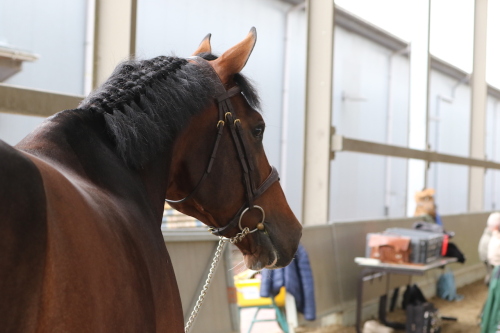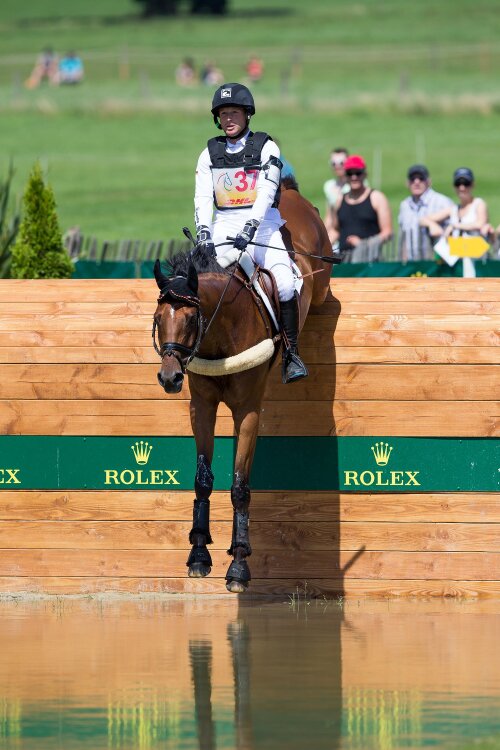In short
According to Lucy Katan grooms work regularly 18 hours a day
Experts refer to the responsibility of riders/stable owners to introduce a shift structure
The first day of the FEI Sports Forum 2025 concluded with an in-depth discussion on the FEI Jumping Rules, which are undergoing a full revision this year. A key topic on the agenda was the regulation of rest hours for horses, riders, and grooms—an issue that has been widely debated in recent years.
One significant regulation affecting horse welfare is Article 1008 of the FEI Veterinary Regulations, updated in 2023, which mandates the closure of FEI stables for six consecutive hours overnight with minimal lighting and noise to ensure adequate rest for the horses. Despite this change, competition schedules at many European FEI events—especially indoor shows—have not been adjusted accordingly. The FEI schedule template explicitly states: “Competitions must not start before 08:00 h and must not finish after 23:00 h, unless prior approval is granted by the FEI.” However, these guidelines are often overlooked.
Panel Discussion and Key Points Raised
The panel, consisting of FEI Jumping Director Todd Hinde, FEI Jumping Committee Chair Stephan Ellenbruch, IJRC President François Mathy Jr, Swedish Chef d’Equipe Henrik Ankarcrona, FEI Level 4 Judge and Steward Cesar Hirsch, and Director of Jumping Amsterdam Irene Verheul, engaged in discussions about rest hours. Surprisingly, they made little reference to the existing FEI regulations, which are not being adequately enforced. Instead, the focus was on the responsibility of riders to manage their grooms’ schedules effectively. Suggestions included improving communication and planning with grooms and implementing shift work, a standard practice in other event industries.
The Voice of Grooms: Concerns from the International Grooms Association
When moderator Jessica Kürten opened the floor for comments, Lucy Katan, speaking on behalf of the International Grooms Association (IGA) and the FEI Grooms Consultative Group, highlighted serious concerns. She pointed out that despite the official rule that competitions should conclude by 11 PM, this is frequently ignored, even at FEI’s flagship events.
“Lack of sleep is scientifically proven to be detrimental to both horses and humans,” Katan stated. “The consequences of repetitive late-night classes severely impact grooms’ physical and mental health. This issue is widespread—European grooms report that during the indoor season, horses often compete past 11 PM, week after week.”
She further emphasized that even after competitions end, grooms require up to two additional hours for horse care, making it nearly impossible to comply with the six-hour stable closure rule. Saturday’s late-night classes are particularly problematic, as grooms often find themselves driving home into the early hours of Monday morning while show organizers dismantle the stables.
The Impact and Call for Action
Katan underscored that many grooms regularly work 18-hour shifts, leading to burnout, exhaustion, and a high attrition rate within the profession. While some suggest employing additional show grooms or hiring drivers, she noted that only a small number of conscientious riders implement these solutions.
“We must take responsibility for our grooms' wellbeing,” Katan concluded. “By enforcing a rule that all competitions and prize-givings must finish by 11 PM, the FEI can take a decisive step in safeguarding both grooms and the horses they dedicate their lives to.”
Moving Forward
Katan’s powerful message resonated with many at the forum, urging key stakeholders to take meaningful action. The responsibility now lies with the FEI to enforce existing regulations and implement necessary changes to protect the welfare of both grooms and horses—without whom the sport could not exist.



